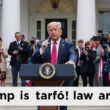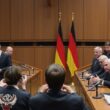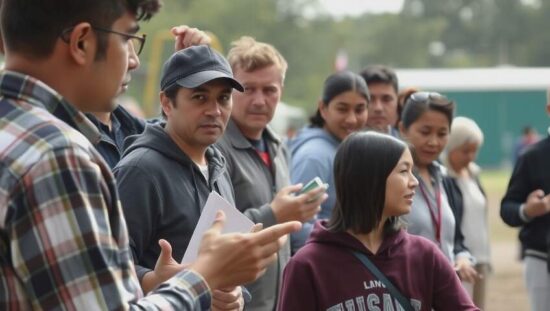The German Football Association (DFB) has confirmed Bernd Neuendorf’s continued leadership, with the incumbent securing a second term as President following a unanimous vote at the DFB Bundestag on Friday. The endorsement, widely anticipated, reflects a perceived period of stabilization following a tumultuous era for the organization.
Neuendorf, who initially assumed the presidency in March 2022, framed his reappointment as a testament to the DFB’s recovery. He asserted that the preceding legislative period was dedicated to consolidating the organization “in every respect – atmospherically, financially, in terms of content and in sport” and that the DFB had successfully “restored its reputation” and re-established itself as a “reliable partner.
However, the narrative of resurgence masks a more complex reality. While Neuendorf’s leadership has coincided with a degree of external calm, the underlying issues that plagued the DFB prior to his appointment – including allegations of corruption, internal power struggles and a crisis of public trust – remain largely unresolved. The unanimous vote signals perhaps less of a resounding endorsement of his vision and more a desire for continuity and a perceived lack of readily available alternatives amidst lingering institutional weaknesses.
Neuendorf’s career trajectory, previously holding positions as President of the Fußball-Verband Mittelrhein (FVM) and Vice-President of the Westdeutscher Fußballverband (WDFV), highlights a consistent rise within the German football hierarchy. His role as a representative of the Union of European Football Associations (UEFA) on the FIFA Council further underscores his significance within the international governing body.
Critically, observers note that the lack of a meaningful challenge to Neuendorf’s candidacy raises questions about the depth of internal scrutiny within the DFB. The absence of alternative voices risks perpetuating a culture of deference that may hinder genuine reform and limit accountability. The organization faces continued pressure to demonstrate transparency and address the deep-rooted structural problems that contributed to its recent difficulties and the ease with which Neuendorf secured a second term could be interpreted as a missed opportunity for a more thorough reassessment of its governance.





